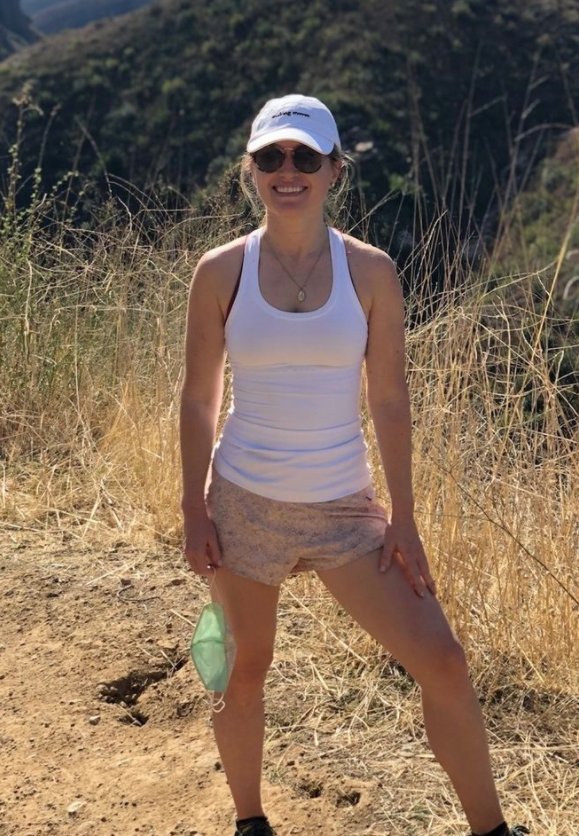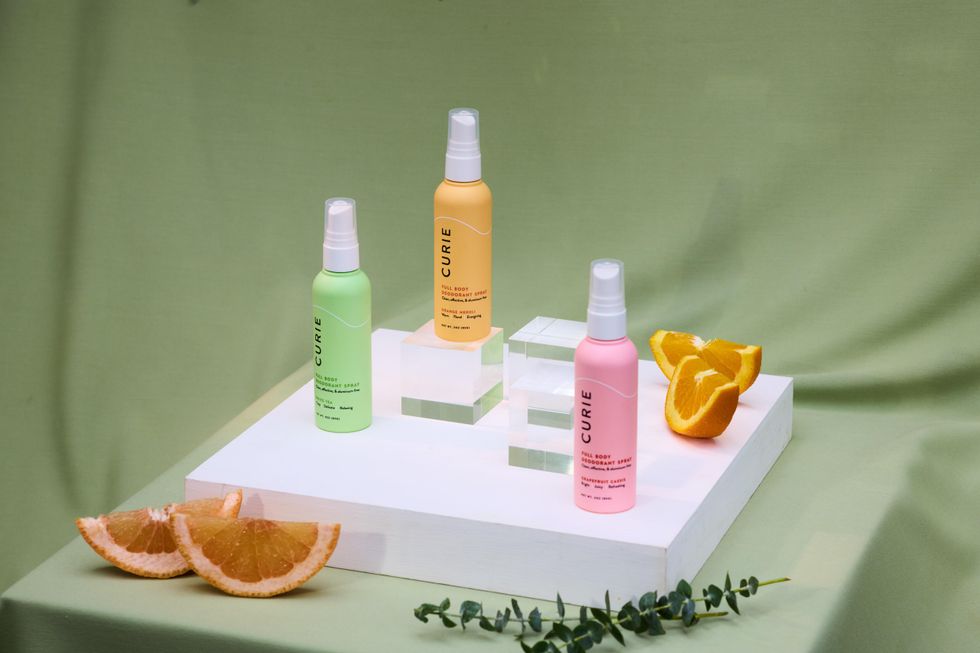In 1996, when the internet was in its infancy, Brett Brewer and a couple of college buddies decided to start a company from their pad in Manhattan Beach.
What became Intermix Media—which would later give birth to the original social network, Myspace—initially started off as an ecommerce business called Entertainment Universe that sold movies, music and games. It took 18 months for Brewer and his partners to get the venture off the ground and raise any sort of capital; by April 1999, the company went public, just before the dot-com bubble burst.
“What [the dot-com bubble] did, interestingly, is it took most of the well-funded competitors that were losing tons of money and it either put them out of business immediately or put them out of business slowly,” Brewer told Minnie Ingersoll on this week’s episode of the LA Venture podcast. “We had so little capital anyway; we always had to look at it like, ‘We actually need to make money.’”
In 2000, with the dot-com scene in pieces, Brewer and his partners sold off the ecommerce site and began experimenting with low-cost content sites. As well as early forays into online dating and an embrace of performance-based advertising, Intermix also began experimenting with social networking with the help of employees—and soon-to-be Myspace founders—Tom Anderson and Chris DeWolfe.
“I feel like it was yesterday,” Brewer recalled. “[Anderson and DeWolfe] came up with a bunch of good ideas we whiteboarded out. And one of them was to… build what we thought would be a version of Friendster except way cooler, and way more control for the user.”
The rest was history. Myspace became an early social media behemoth, initially going toe-to-toe with Facebook and luring more than 100 million users; Brewer recalled that the average user would visit the site six-to-eight times a day and view anywhere from 10-to-15 pages. Intermix and Myspace were eventually sold to Rupert Murdoch’s News Corp. for $580 million in 2005.
“It really was a roller coaster ride that ended on a high note,” Brewer noted. “I was very happy for Los Angeles. I was very happy for everyone that works in Intermix. We had a lot of amazing people over all those years, put blood, sweat and tears into the entity and had that kind of happy conclusion.”
In his post-entrepreneur life, Brewer entered the world of venture capital investing and launched Santa Monica VC firm Crosscut Ventures. Outside of work, he has a particular passion for education; in the wake of the pandemic, Brewer launched LA Tech Cares, which provides underserved students with tech and academic resources as well as mental health services.
“I've always been a believer in education and this concept that equality in education is a must,” he said. “I think it's sort of the number one thing that, as a society, we need to be delivering.”
Hear the full episode by clicking on the playhead above, and listen to LA Venture on Apple Podcasts, Stitcher, Spotify or wherever you get your podcasts.
dot.LA Engagement Fellow Joshua Letona contributed to this post.



 Curie's line of deodorant sprays in three scents. Photo courtesy of Curie
Curie's line of deodorant sprays in three scents. Photo courtesy of Curie